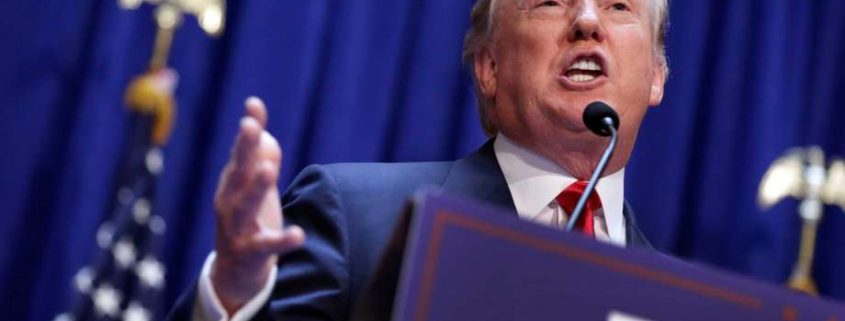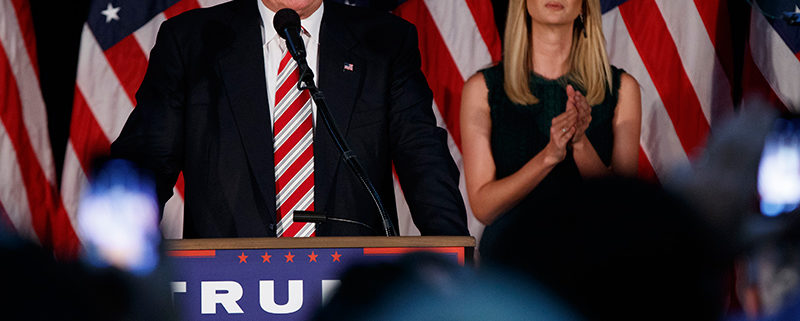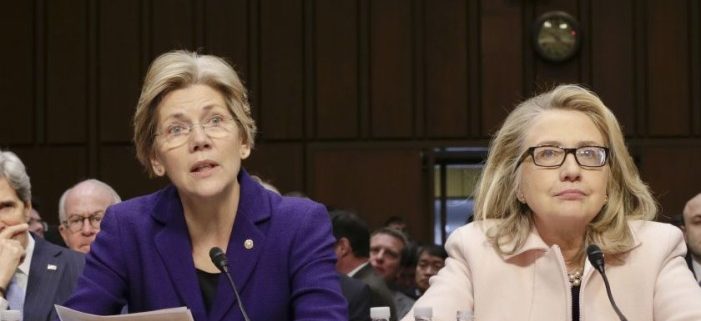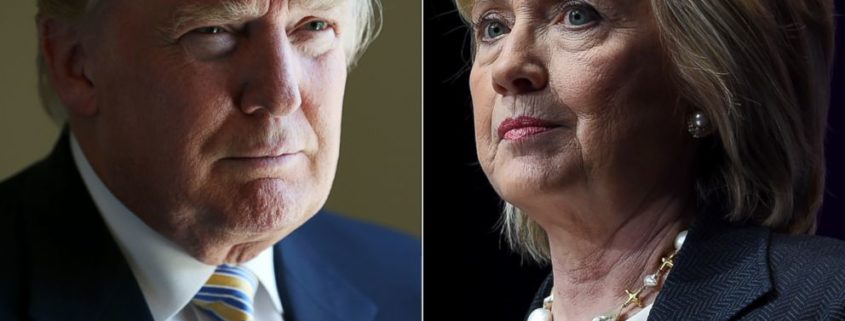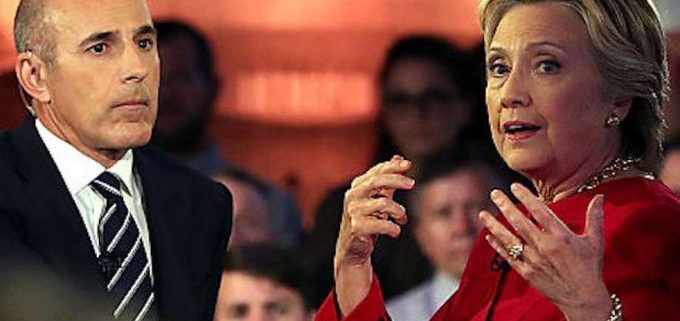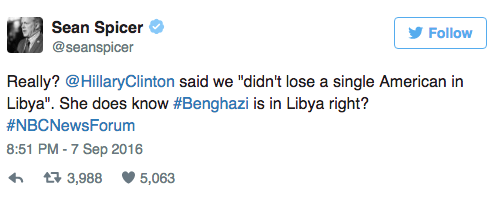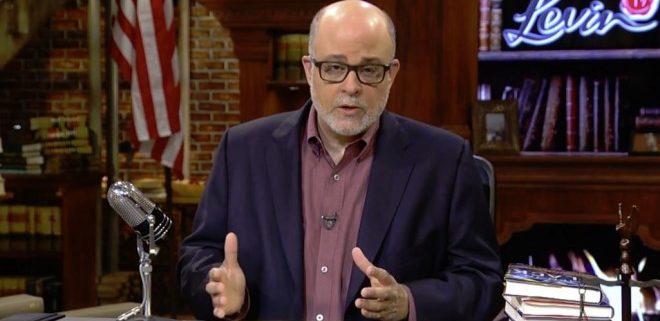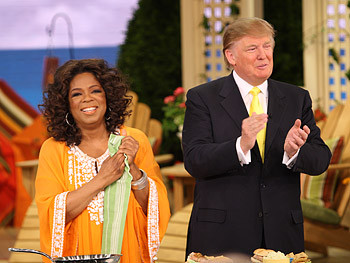By Lisa Mascaro
Of all the rules of politics that Donald Trump has broken in his run for the White House, his way with words may top the list.
Perhaps not since Sarah Palin gave Americans her tossed-word salads has a candidate’s speech pattern been so debated, celebrated and mocked.
But Trump is more than just a free-style rambler. Experts say he employs a very deliberate, effective communications approach unlike any other presidential candidate in memory.
The Trumpisms — “Believe me,” “People say,” “Sad!” — have become so well known they are the subject of spoofs. But like a savvy salesman or break-through advertising campaign, Trump’s techniques carry a quiet power.
Here’s a breakdown of Trump-speak.
The art of the insult
Little Marco. Lyin’ Ted. Crooked Hillary. Even in the rough-and-tumble world of presidential politics, Trump has taken the art of the insult to a new level.
Trump’s name-calling may sound like simple bullying. But labeling his opponents with cutting nicknames also creates simple frames — catch phrases — that stick in voters’ minds, often because they reinforce existing perceptions.
George Lakoff, a linguistics professor at UC Berkeley who has written extensively about political speech, says studies show that 98% of thought is unconscious. Creating those nicknames is a way to make the broader message resonate with voters long after the rallies have ended — like a good advertising jingle.
“Even if he loses the election, Trump will have changed the brains of millions of Americans, with future consequences,” Lakoff writes on his blog.
As a businessman, Trump learned that speaking in an irreverent, shock-jock manner often won him free media attention. Now some Trump supporters are cheering that same willingness to give voice to politically incorrect opinions that they may secretly share, but would never say out loud.
Among the most controversial examples were his description of Mexican immigrants as “rapists” and his pondering of whether the Muslim mother of a U.S. Army captain killed in Iraq wasn’t “allowed” to speak alongside her husband at the Democratic convention.
“He has this great talent for, any time there’s a lull, he goes and grabs up all the attention again,” said Barton Swaim, author of “The Speechwriter: A Brief Education in Politics.” “I’m out of the business of predicting how he won’t go to the next level.”
Say it. Repeat it. Say it again.
It’s a crescendo of almost every Trump rally, the call-and-response moment when Trump promises to build a “great wall” along the Southern border. “Who’s going to pay for it?” he asks. “Mexico!” the crowd answers.
Of course the Mexican president has said unequivocally that his country will not be paying for Trump’s wall. But that hardly matters. In Trump’s world, repeating something makes it seem true, even when it’s demonstrably not.
For example, Trump continues to insist that he warned against entering the 2003 Iraq War, despite a 2002 audio clip of him voicing support. He has repeatedly claimed to have watched TV footage of Muslims in New Jersey cheering on 9/11, despite no evidence of such an event.
He often repeats false claims that inner-city crime is at record highs or that neighbors of the San Bernardino terrorists saw bomb-making materials in their apartment but did not report it.
“The more a word is heard, the more the circuit is activated and the stronger it gets, and so the easier it is to fire again,” Lakoff writes. “Trump repeats. Win. Win. Win. We’re gonna win so much you’ll get tired of winning.’”
Continue reading, LA Times.

